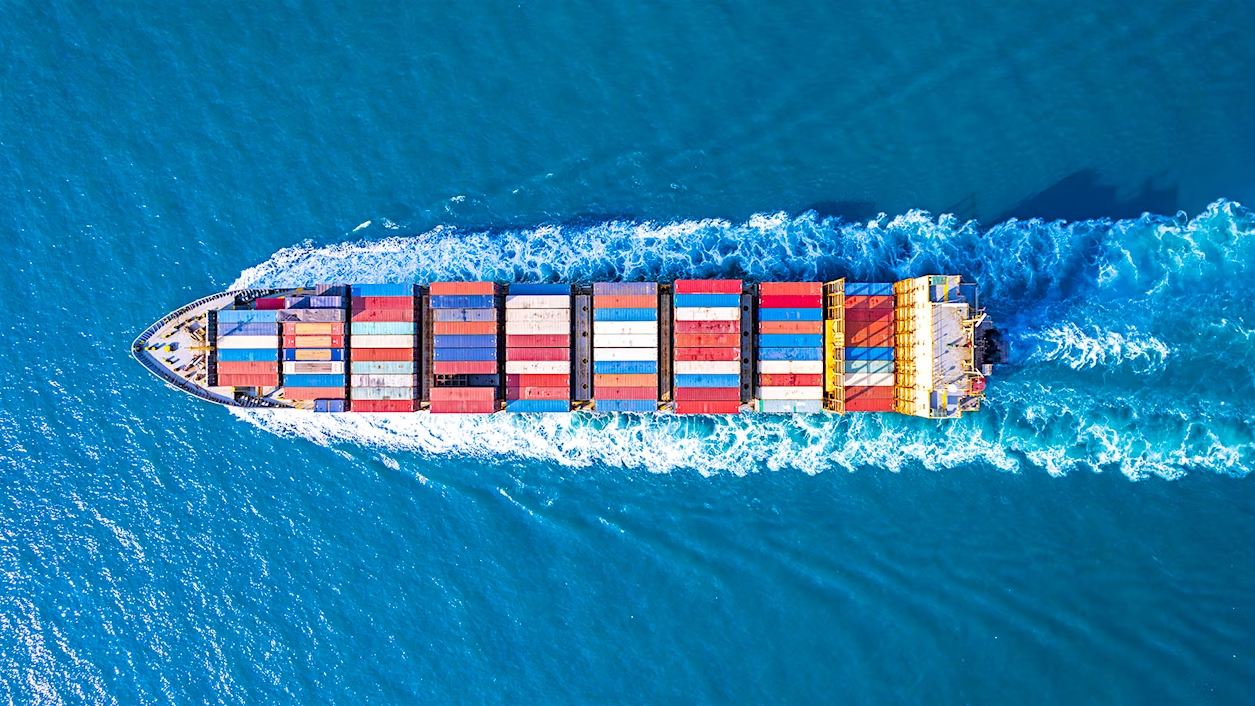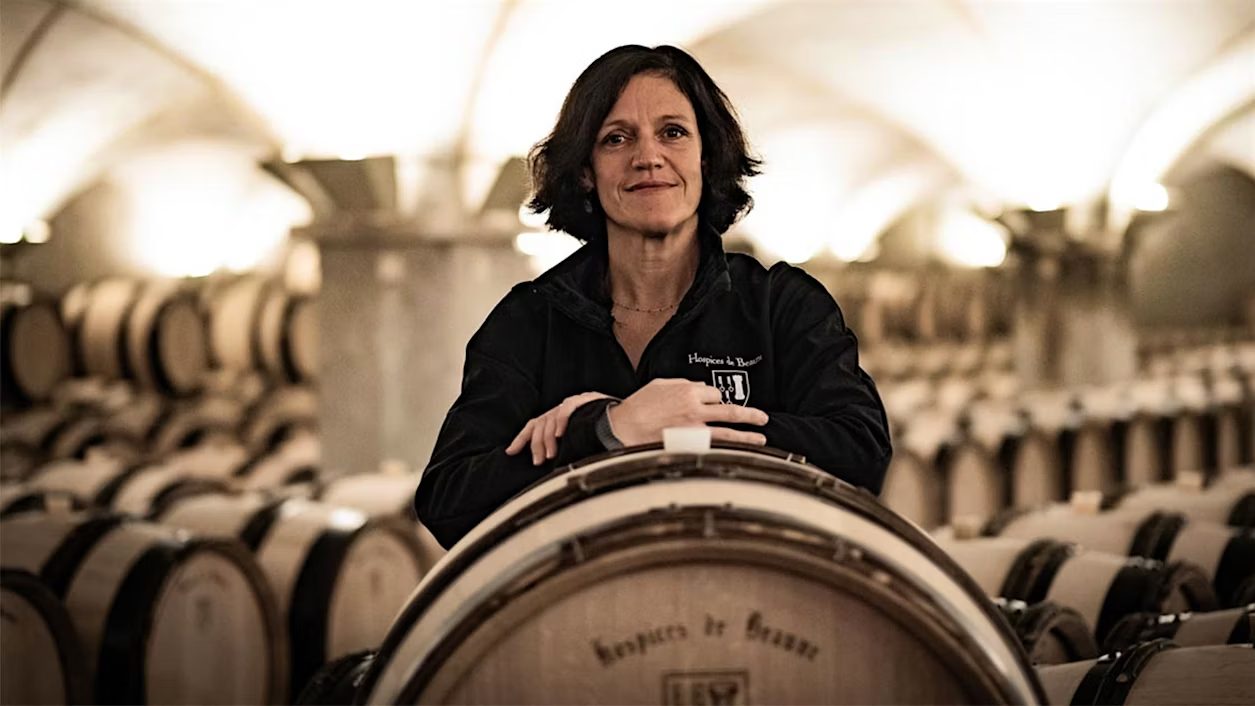The 2020 Bordeaux vintage has emerged as a noteworthy chapter in the storied history of this renowned wine region. A combination of favorable climatic conditions and the resilience of winemakers has yielded exceptional wines that showcase the distinctive characteristics of Bordeaux. The year began with a warm and relatively dry winter, leading to early budding of the vines. However, the spring brought challenges, including frost events that resulted in uneven bud development and, consequently, a reduced yield in certain vineyards.
As the growing season progressed, the region experienced a hot and dry summer which proved beneficial for the ripening of the grapes. Rainfall during late August was timely, revitalizing the vines and assisting in the development of flavor concentration. These climatic nuances have played a pivotal role in shaping the 2020 vintage. Winemakers faced various challenges, yet their expertise allowed them to adapt and thrive, employing techniques such as strict sorting and precise harvesting to ensure the quality of the grapes was not compromised.
Geographically, Bordeaux boasts a unique terroir crafted by its diverse soils, microclimates, and the influence of the Gironde estuary. The region comprises several sub-appellations, each contributing distinct qualities to the wines produced. For instance, the Merlot-dominated right bank, including areas like Saint-Émilion and Pomerol, exhibits rich fruit flavors, while the left bank, characterized by its Cabernet Sauvignon, lends more structure and aging potential to its wines. Such territorial diversity underscores the ability of Bordeaux to produce a wide-ranging array of wine styles, all while maintaining the hallmark elegance and complexity.
Ultimately, the 2020 Bordeaux vintage promises to be representative of the region’s enduring legacy, combining the challenges of nature with the skilled human touch that defines great winemaking. The resulting wines are anticipated to reflect both the richness of the vintage and the inherent qualities of Bordeaux’s terroir.
Should You Taste the 2020 Bordeaux Wines? A Tasting Guide
Tasting the 2020 Bordeaux wines offers an exciting opportunity for enthusiasts to engage with a vintage that showcases the region’s remarkable diversity. Approaching a tasting requires careful consideration of several elements to fully appreciate the unique characteristics of these wines. The type of glassware used plays a significant role; a tulip-shaped glass is often recommended, as it helps concentrate the aromas while allowing enough space for the wine to breathe and develop its full bouquet.
Serving temperature is another critical factor in the tasting process. For red Bordeaux, an optimal serving temperature ranges from 60°F to 65°F (15°C to 18°C), while white Bordeaux wines benefit from cooler temperatures, ideally between 50°F and 55°F (10°C to 13°C). Proper temperature not only enhances the aroma and flavor profile but also maximizes the overall tasting experience.
Allowing the wine to breathe is essential, particularly for younger vintages like the 2020 Bordeaux. Decanting the wine for at least 30 minutes prior to tasting enables the wine to oxidize slightly, revealing more complex aromas and flavors. When tasting, focus on identifying the key flavor notes, aromas, and textures that characterize this vintage. Look for hints of dark fruit, floral elements, and subtle earthiness, as well as the tannin structure and acidity that provide a hallmark of Bordeaux’s elegance.
Finally, endeavor to evaluate wines across various classifications, from Grand Cru to accessible everyday offerings. This approach will not only enhance your understanding of the various expressions within the 2020 vintage but also guide you in selecting wines that align with your personal palate preferences. Tasting the 2020 Bordeaux wines in this structured manner will ensure a rewarding and enlightening experience.
Comparative Analysis: 2020 Vintage vs Previous Vintages
The 2020 Bordeaux vintage has generated considerable interest among wine enthusiasts and professionals alike, prompting a comparative analysis with preceding vintages such as 2019 and 2018. Each vintage bears its unique characteristics influenced by climatic conditions, vineyard practices, and the decisions made by winemakers. The 2020 vintage, marked by a warm and dry growing season, resulted in wines that showcase remarkable ripeness and complexity.
When examining the flavor profiles, the 2020 vintage exhibits a vibrant fruit expression, with prevalent notes of blackcurrants, plums, and hints of spice. In comparison, the 2019 vintage provided a more balanced profile, emphasizing elegance and refined acidity, suitable for long-term aging. The 2018 vintage, characterized by its powerful structure and bold tannins, showcased opulence and richness. Thus, the 2020 vintage stands out for its accessibility and fruit-forward character, appealing to both new wine drinkers and seasoned connoisseurs.
Acidity levels are another critical aspect in assessing these vintages. The 2020 vintage typically reveals higher acidity, which serves to enhance the overall freshness of the wines. In contrast, 2018 and 2019 exhibited more subdued acidity, leading to a different tactile experience on the palate. This aspect not only influences enjoyment but also aging potential, as higher acidity often suggests better longevity and aging capability.
Experts from various domains, including sommeliers and winemakers, have weighed in on this extraordinary vintage. Many argue that 2020 is a continuation of Bordeaux’s legacy of producing high-quality wines that resonate with both traditionalists and modern palates. As Bordeaux continues to evolve, the 2020 vintage ultimately demonstrates the remarkable adaptability and resilience of winemakers in addressing the challenges posed by climate change, thus securing its place in Bordeaux’s storied history.
Food Pairing Recommendations and Final Thoughts
Pairing food with wine is an art that greatly enhances the dining experience, and the 2020 Bordeaux vintage offers a diverse array of options. Its complexity makes it an excellent companion to various dishes. For the red Bordeaux wines, which are predominantly comprised of Cabernet Sauvignon and Merlot, rich, flavorful meals work particularly well. A classic pairing would include grilled lamb or beef, as the tannins in these wines complement the richness of the meat. Additionally, dishes featuring earthy ingredients, such as mushrooms, can amplify the wine’s intricate flavors. Roasted vegetables seasoned with herbs also lend themselves well to this pairing, creating a delightful balance.
For those who prefer white Bordeaux, which often incorporates Sauvignon Blanc and Sémillon, consider pairing these wines with seafood. Grilled fish, shellfish, or even a creamy fish stew can harmonize beautifully with the zesty acidity and aromas typical of a 2020 white Bordeaux. Furthermore, goat cheese or a fresh salad with citrus vinaigrette can enhance the freshness and fruitiness of these wines, presenting an invigorating experience.
In conclusion, the 2020 Bordeaux vintage stands out for its quality and adaptability. Its versatility pairs well with a variety of cuisines, making it accessible for both seasoned collectors and casual wine enthusiasts. As the appreciation of this vintage continues to grow, individuals are encouraged to explore tastings at home or participate in local wine events. Engaging with different food pairings will not only elevate the tasting experience but also deepen one’s appreciation for the nuances present in the 2020 Bordeaux wines. Exploring this vintage can be a rewarding journey, inviting both exploration and enjoyment in equal measure.












Does anyone else think the 2020 Bordeaux trumps the 19 vintage?
Is 2020 Bordeaux truly superior to previous vintages or just hype?
Interesting read! But does anyone else feel that the 2020 vintage is being overhyped? Lets not overlook the stellar 2018!
Is it just me or do the 2020 Bordeauxs seem to have more depth compared to previous vintages? Curious if anyone else noticed this.
Anyone else think 2020 Bordeaux remarkably similar to the 09 vintage?
Anyone else think the 2020 Bordeaux Vintage is too young? Might need a few more years for the tannins to mellow out!
Comparative analysis is a great tool, but does the 2020 Bordeaux really outshine previous vintages? Lets debate that!
Is 2020 Bordeaux really superior, or are older vintages undervalued? Thoughts?
Interesting read! Does anyone think the 2020 Bordeaux vintage surpasses the 2015 in terms of complexity and overall quality? Just curious.
Interesting read, but how does the 2020 vintages profile impact its potential for aging compared to previous years? Thoughts?
2020 Bordeaux, worth the hype or just another overpriced vintage?
Interesting read, but can anyone explain why 2020 Bordeaux outshines previous vintages? And whats the best food pairing? Thoughts?
Isnt the 2020 Bordeaux vintage surprisingly robust despite the challenging climate? Goes to show, natures resilience is unparalleled, eh?
Any thoughts on how 2020 Bordeaux compares to the legendary 82 vintage?